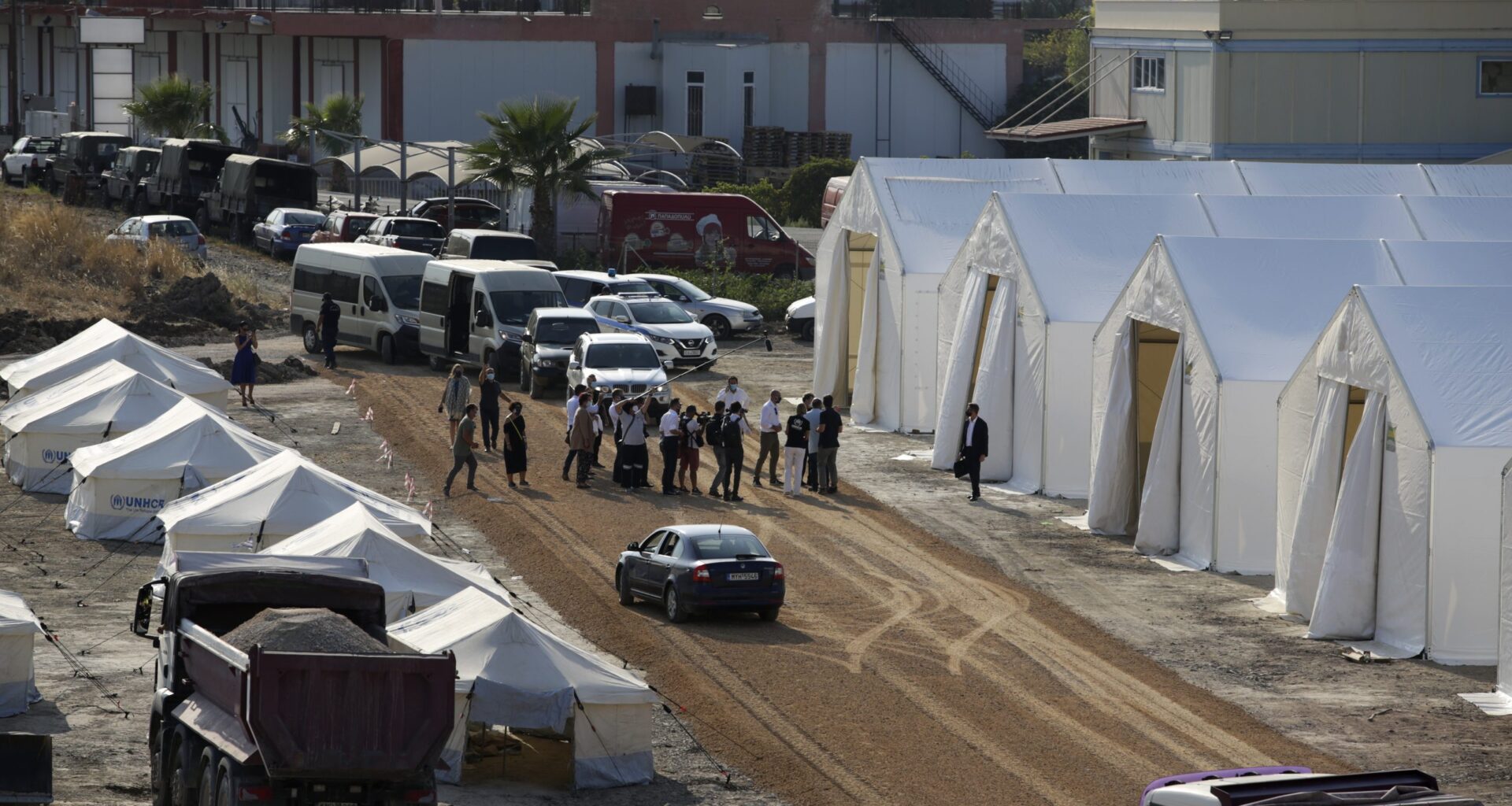The European Commission announced on Tuesday that Spain, Italy, Greece, and Cyprus will benefit from the relocation of asylum seekers to other European Union countries in 2026, under a new “solidarity mechanism” designed to ease pressure on southern member states struggling with high numbers of migrant arrivals.
According to the Commission’s first Annual Asylum and Migration Report, the four Mediterranean nations faced a “disproportionate level” of migration last year, including thousands rescued at sea. The new system, part of the EU Pact on Migration and Asylum adopted in 2024, aims to distribute responsibility more evenly across the bloc.
Under the proposal, member states not under migratory pressure will be required to contribute based on population size and GDP — either by accepting relocated asylum seekers, paying €20,000 per person they refuse to relocate, or financing operational support in affected countries.
The minimum size of the solidarity pool is set at 30,000 relocations and €600 million in financial contributions, with the final decision to be made by qualified majority vote before the end of the year.
Resistance from Eastern Europe
The plan, as reported in Euronews, has already met opposition from some EU capitals. Poland, Hungary, and Slovakia have publicly rejected the relocation system. Polish Prime Minister Donald Tusk said his country “will not be accepting migrants under the Migration Pact,” nor paying into the system.
Hungary and Poland have not submitted implementation plans for the migration pact, prompting warnings from the European Commission that refusal to contribute could constitute a breach of EU law and lead to infringement procedures once the regulation takes effect in June 2026.
Only countries facing their own “significant migratory situation” — including Bulgaria, Czechia, Estonia, Croatia, Austria, and Poland — may apply for an exemption from mandatory solidarity, subject to approval by the Commission and other member states.
Broader Migration Trends
While the Commission noted a 35% decline in illegal border crossings between July 2024 and June 2025, it warned that irregular movements within the EU and the weaponization of migration by Russia and Belarus remain serious challenges.
The report also identified 12 EU countries — including Belgium, Germany, France, and Finland — as “at risk of migratory pressure,” meaning their obligations under the solidarity system will be reviewed annually to ensure fair burden sharing.
